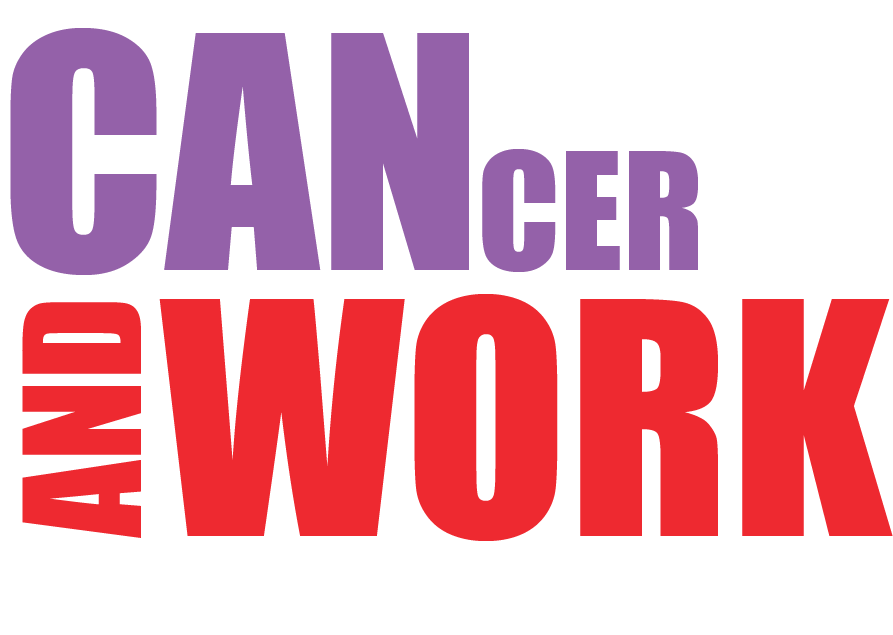Health care providers have a role in helping survivors adopt healthy work boundaries in order to protect their physical and mental health. Especially initially, patients may face significant challenges in maintaining healthy work boundaries, particularly if they are on a graduated back to work program. They may be asked to stay longer than was set out in the return to work plan. They may find that the workload has not been reallocated even though they are still working part time. They may need your support to reinforce the importance of the graduated back to work program, the rationale for it, as well as your support in helping them communicate their situation to their employer.1
Boundaries: What are they?
People set personal boundaries with others to protect themselves. Creating boundaries helps us set our personal limits. Communicating our limits to others helps them learn how to be more aware of how we want to be treated in both our personal and workplace relationships.
Help survivors assess whether boundaries:
are appropriate to the situation:
- assess the work situation, culture and expectations…do the survivor’s boundaries fit the circumstance and context?
are appropriate to your ability:
- are the work demands within the current ability of the patient?
promote self-respect and personal dignity:
- When you boundaries are known and stated, individuals will likely feel better about themselves and others are more likely to respect their boundaries when they have been clearly and respectfully communicated
Example role play
Please see this role play video on how survivors can deal with colleagues when returning to work.
See also Survivor section on negotiating healthy boundaries at work.



